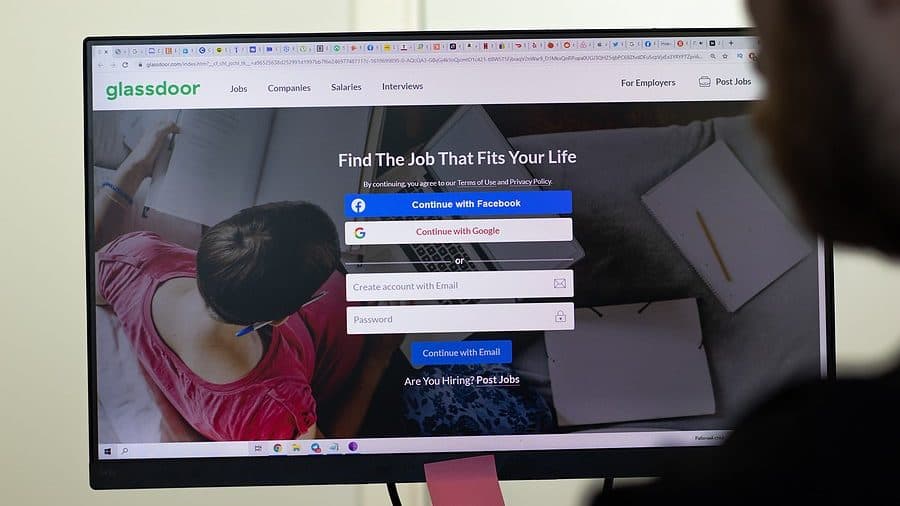Glassdoor is already widely known for enabling people to post anonymous reviews of employers. This week, however, the company announced that it will now offer users the ability to engage in anonymous discussions geared around specific employers and industries.
The new communities, called “bowls,” come as a result of Glassdoor two years ago acquiring Fishbowl, a social-networking site that allows individuals to engage in conversations about workplaces. Indeed, the company is migrating over 10,000 interest-specific bowls and 30,000 company-specific bowls from Fishbowl.
In a press release, Glassdoor claims that the new feature is part of an effort to further “its vision of bringing radical transparency to workplaces everywhere by debuting a new Glassdoor app and desktop experience that lets users seamlessly toggle between insights, jobs and workplace conversations for real-time networking, advice and connection on a variety of topics where work and life intersect.”
As Glassdoor points out, “bowls” will center around a range of topics, like tech consulting and working moms. Similarly, Company Bowls will offer a means for workers at specific companies to engage with each other with varying levels of anonymity. (Users can choose to use their real names or just job titles or simply identify as company employees.)
In explaining the reason for the new feature, Glassdoor points to a survey that it conducted with Harris Poll showing that 68% of U.S. workers desired an anonymous forum to engage with co-workers and leaders within their organization. Additionally, 63% said that they wish they had an online community to get career advice. (Of course, plenty of such communities already exist.)
In other words, think of Glassdoor’s new bowls as similar to Slack, without the platform being tied directly to the employer. Or like the website Blind, a tech-community anonymous discussion forum.
“People want to know the good, the bad, the ugly, and the truth, so I think it’s great if they can have conversations with current and past employees in a safe forum,” says Laura Mazzullo of East Side Staffing, an HR recruitment firm. “Any forum that gets people to talk the truth about their experiences is highly desirable to candidates.”
More broadly speaking, Glassdoor is aiming to rebrand itself as a platform that extends beyond mere reviews and job searches. As its CEO Christian Sutherland-Wong explains:
The workplace is rapidly changing, and we’re seeing new needs and desires emerge from job seekers, employees and employers. This includes more transparent communication and connection with colleagues and the ability to have anonymous or open conversations on a wide range of topics that cover work and life. This next evolution of Glassdoor will fundamentally change the way professionals ask questions and get answers, share knowledge and opinions, and build community with one another. By expanding our core offering of reviews and ratings to include engaging real-time conversations, Glassdoor can unlock even deeper insights for companies that help them express their employer brand and make more informed decisions for their employee experience.
Some observers are skeptical of Glassdoor’s latest initiative. Aside from authenticating challenges, “all you need to do is look at Nextdoor to see how effective online community building can be, which is pretty low. It’s all complaints, attention-seeking, and the occasional helpful post to help someone find a lost pet,” Mary Faulkner points out. Faulkner, ERE strategy columnist and a principal at IA-HR, adds that “job-seeking and working have pretty negative connotations anyway, so I worry users would gravitate more toward negativity vs meaningful discourse.”
